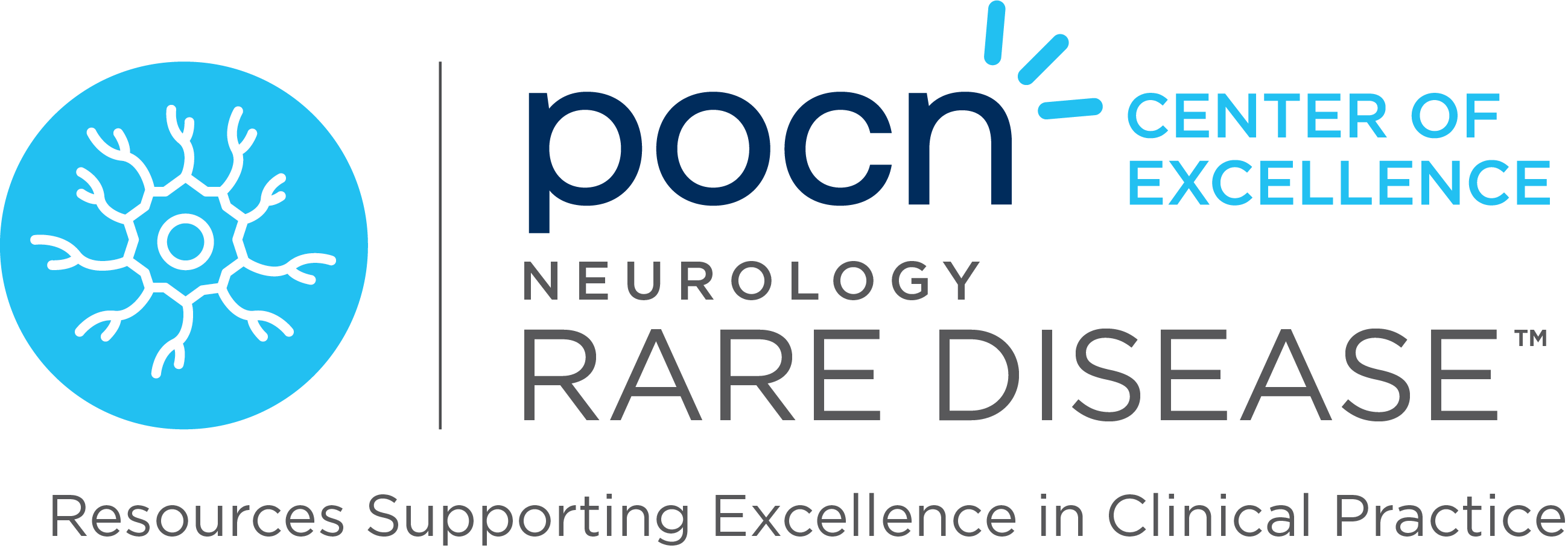Stiff person syndrome (SPS) is a rare autoimmune disorder of the central nervous system. It features progressive muscle rigidity and spasms, primarily affecting the axial and proximal limb muscles, and is associated with anti-glutamic acid decarboxylase (anti-GAD) antibodies, linking it to other autoimmune diseases like type 1 diabetes and thyroid disease. The disorder can lead to severe disability and increased mortality if untreated and presents in various forms, including classic SPS, partial variants, and the severe progressive encephalomyelitis with rigidity and myoclonus (PERM).
Management of SPS requires a combination of symptomatic and immune-modulating therapies. Symptomatic management typically includes GABA-enhancing medications such as benzodiazepines and baclofen, while immune therapies like IVIG aim for disease modification. The effectiveness of plasma exchange is variable, and new treatments like rituximab and other immunosuppressants are being explored. Successful treatment demands early diagnosis and a coordinated interprofessional approach to address the complex needs of patients with SPS and improve their outcomes.
Reference: Muranova A, Shanina E. Stiff Person Syndrome. In: StatPearls. Treasure Island, FL: StatPearls Publishing; 2024. Updated July 10, 2023. Accessed April 25, 2024. https://www.ncbi.nlm.nih.gov/books/NBK573078/



